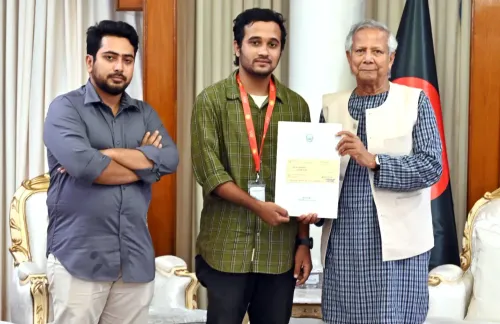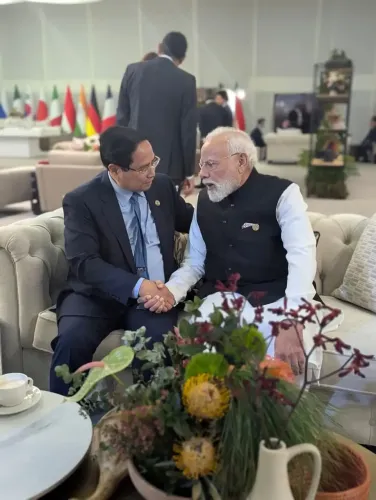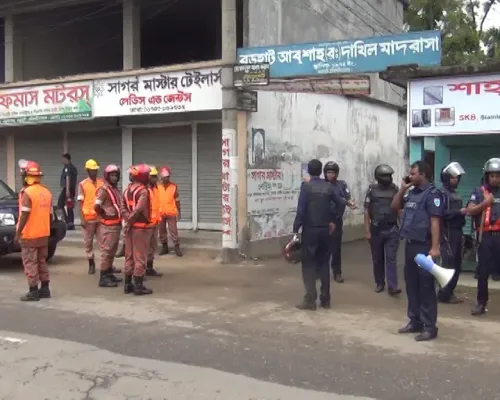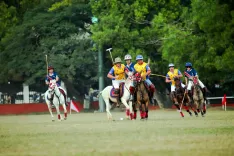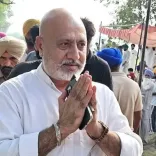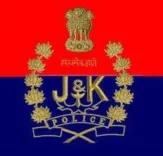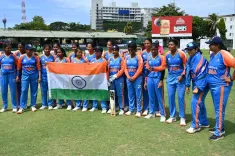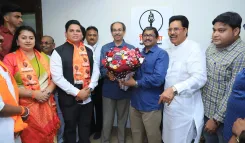What sparked the massive protest at Dhaka University?
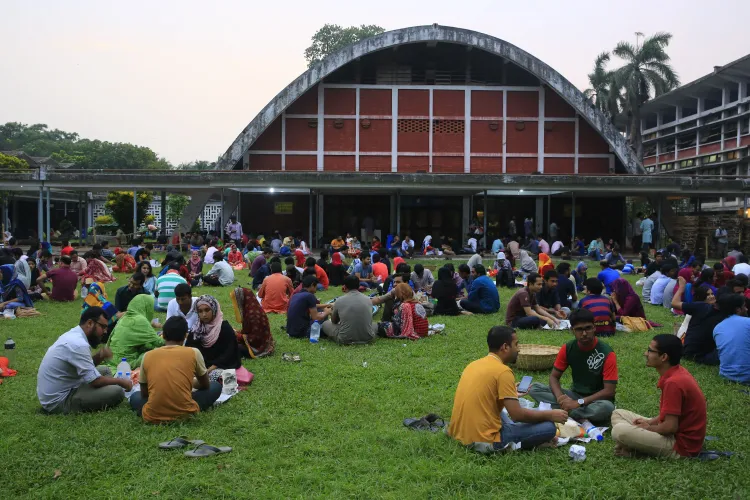
Synopsis
Key Takeaways
- Students protested against political appointments.
- Chants emphasized the demand to end hall politics.
- The administration responded with a ban on student politics.
- Protests highlight conflicts among student groups.
- Political dynamics in Bangladesh remain volatile.
Dhaka, Aug 9 (NationPress) A significant protest erupted at Dhaka University (DU) in Bangladesh on Saturday as numerous students rallied, demanding the removal of eight individuals appointed to the hall committee of the Jatiyatabadi Chhatra Dal (JCD), the student faction of the Bangladesh Nationalist Party (BNP), as reported by local media.
The demonstrators marched across various campus pathways, chanting slogans such as 'One two three four/Hall Politics No More' and 'Hall politics Cholbe Na Cholbe Na (No Hall politics)'. Some participants forcibly opened the hall gates to join the protest, eventually staging a sit-in outside the Vice-Chancellor's (VC) residence.
In response to the escalating unrest, the VC declared a prohibition on student politics within the dormitories.
“Student politics has been banned in accordance with the framework set on July 17,” quoted the VC by Bangladesh’s prominent daily Samakal.
Additionally, Proctor Saifuddin Ahmed addressed reporters, stating, “Our stance is that no student politics will be permitted at the hall level. They may engage at the central level, particularly at Madhur’s Canteen. This was our understanding. However, we can't compel any student organization to cancel their activities. We have reiterated that the ban from July 17 remains effective.”
“Concerning the breach of regulations, a meeting of the Provost Standing Committee is scheduled today. Following this, discussions will be held with the student organizations implicated,” he added.
On Friday, the DU chapter of Chhatra Dal officially announced new committees for 18 residential halls, sanctioned by DU Chhatra Dal President Ganesh Chandra Roy Sahos and General Secretary Nahiduzzaman Shipon. This decision came despite significant resistance against hall-centric politics.
According to sources from DU Chhatra Dal, the establishment of these hall committees aims to “fortify grassroots organizational structures” and “prepare for forthcoming political initiatives,” including the upcoming Dhaka University Central Students’ Union elections.
In recent months, Bangladesh has experienced a rise in student protests under the interim government led by Muhammad Yunus, characterized by clashes among competing student factions.
These students previously allied with Yunus to oust the democratically elected administration of the Awami League under former Prime Minister Sheikh Hasina.

